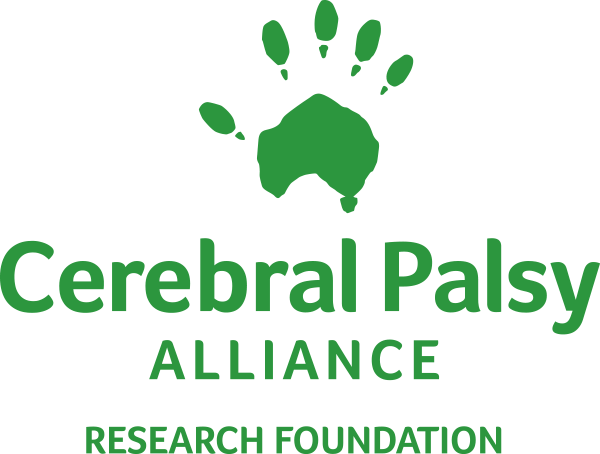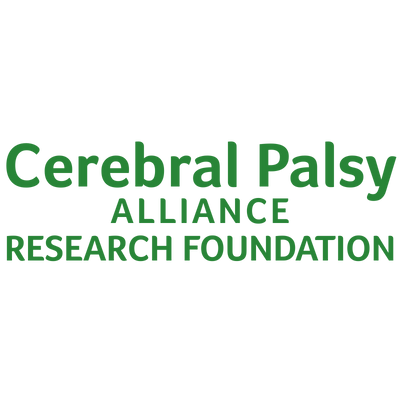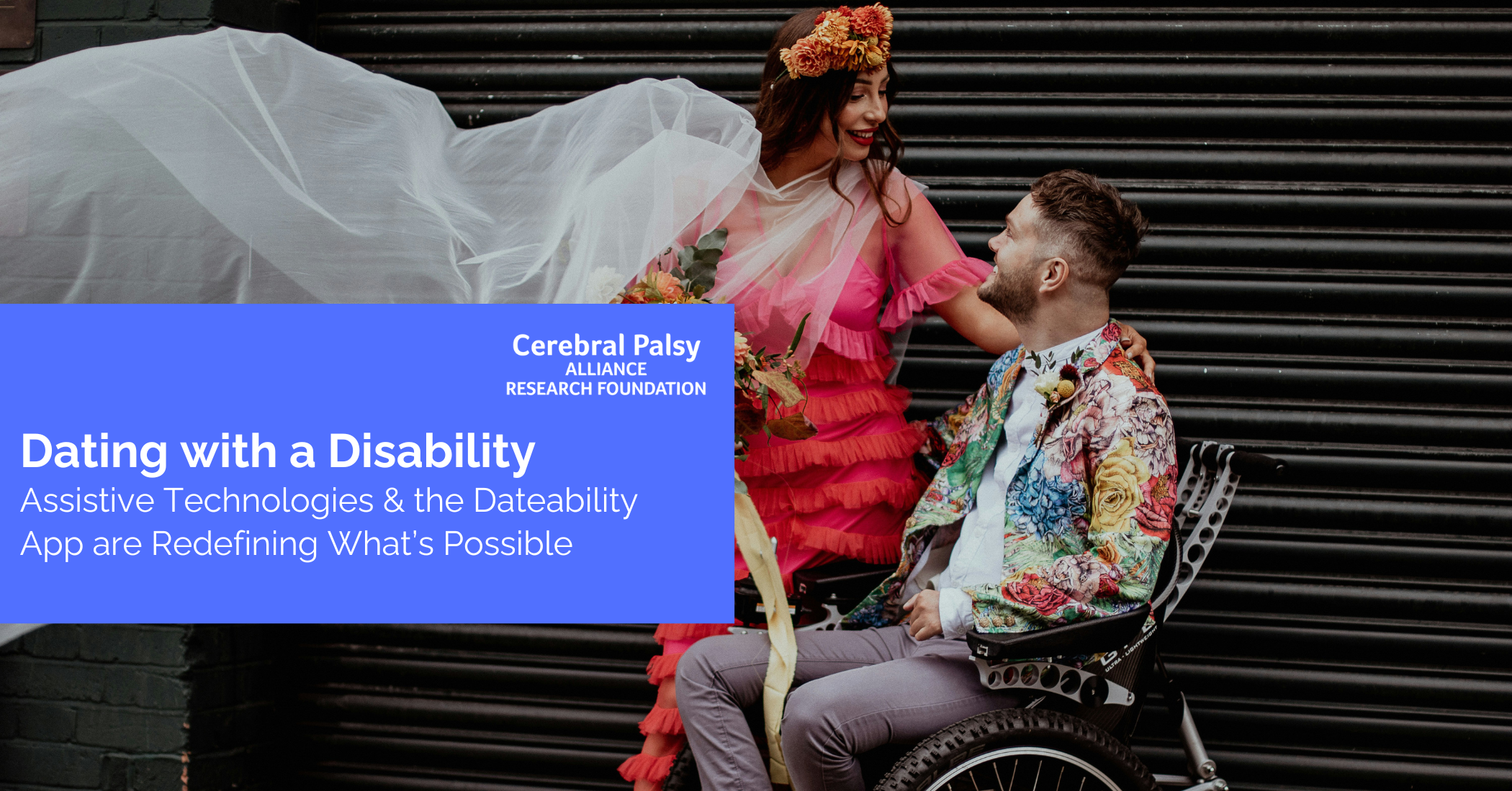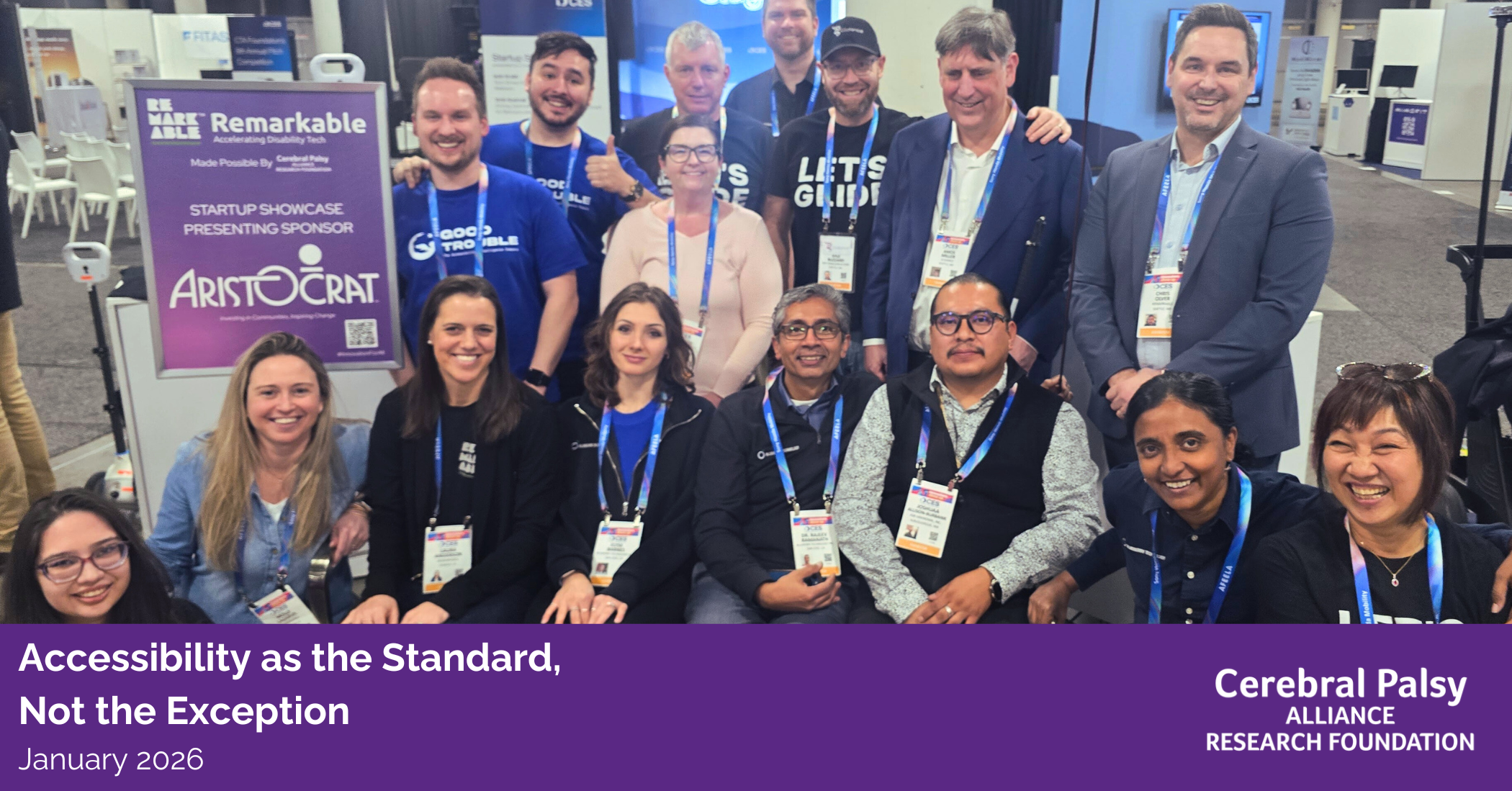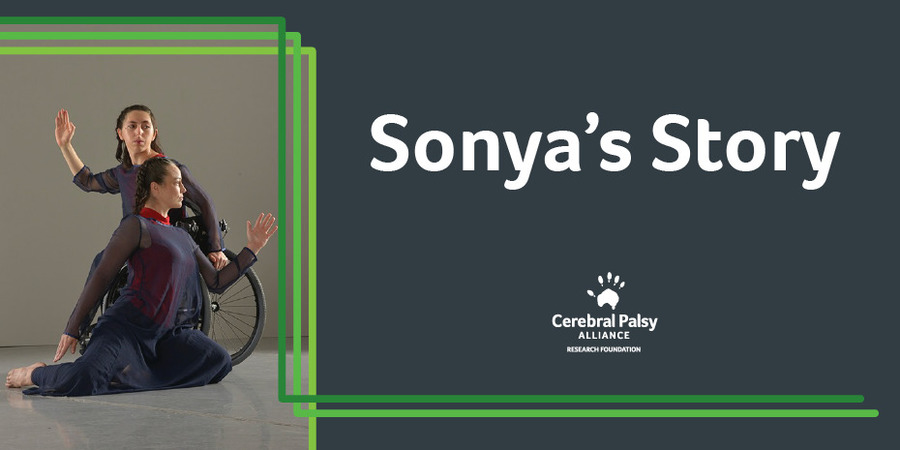
KEEPING IT REAL: Sonya's Story, Part I
Making Perfection Irrelevant: Dancing with Cerebral Palsy
By Sonya Rio-Glick*
CW: Internalized and externalized ableism; Trauma within the Medical Model
“17…18…You’re early!” I cringe and exhale as my casters make contact with the floor. “Sorry,” my partner says. He voiced what I felt. The director responded, with not a hint of judgment — “arms up in the back tilt on the nineteenth 8.” I know this. As frustrated as I am that I know this and we were still “off” on what was at least our fifth run that day, I recognize a hidden triumph as another dancer sets up to film the next run: I knew on my own that we were early, which means I can finally keep a count while dancing. Keeping a count is considered a ‘basic’ skill in dance that most have mastered years before they are in a professional rehearsal. But for me and my partner for this piece — both of us long-time disabled people — such skills are newer than for our nondisabled counterparts and harder to retain as adults than if we had learned in early childhood.
While these reminders of comparative truth are many times reassuring, my need for them also annoys me. What might it be like to live as a disabled person without the shadow of nondisabled reality, whether imposed by my own mind or someone else’s? My asking this question is a direct result of my Disability Justice practice — the anti-racist, anti-capitalist framework for disability.
Disability Justice says not, “You don’t need to be perfect.” Instead, it finds perfection — a white supremacist and ableist construct — to be entirely irrelevant. Disability Justice says instead, “there are infinite ways to exist.” A Disability Justice approach to dance means it’s not on half the room to learn counts they may not be able to feel in their body, but instead proposes alternatives such as, “Do away with eight counts entirely; find new or collaborative timing so there's no reason to feel ‘sorry.’”
I can’t — nor do I want to — independently do away with the counting system my company relies on. Disability Justice teaches that breaking down systems and creating new ways of being must be collective. Not only is it not the responsibility of one disabled person to make change, but a single individual actually can’t; change must come from and for the community impacted. This is to say the entire company (and by extension the entire dance world) must be ready to commit to finding and using new timing methods. Notably, it is often not an individual perpetuating ableism that is the problem; it is the environments that expect disabled folks to feel and express ongoing sorrows (however deep or shallow) for the truth of our bodies. In this example, the director did not say or do anything to elicit an apology; arguably, we would have felt it even if the director had not been there at all.
It’s challenging to even dream of a world — dance or otherwise — truly informed by Disability Justice, because virtually every way of doing things would need to be done away with and collectively rebuilt to center the needs and abilities of each individual. In these times of COVID, we as a society have not yet even been able to take the collective measures to keep each individual protected from the virus, making it all the more difficult to imagine a world where collective, ability- and resource-informed care prevails.
This imagining, though, is a crucial part of my own Disability Justice practice while I live in systems of eight counts and about a billion other counterintuitive norms that I contort my disabled existence to; I may not be able to change the world entirely, but in order to make change, you have to know what change exactly you are moving towards. To dream as a disabled person, or to dream of disabled people’s care, is to name better options. The more options we name, the more we refine what exactly that more just tomorrow looks like. Ableism and white supremacy keep the dreams of marginalized people at bay. They say: “Why try for something impossible?” Allowing myself to name and then indulge in my dreams is to insist that better alternatives are possible; in fact, they are what got me to dance. Believing in a world where I could spend my days dancing is what eventually got me in the rooms I now dance in. You cannot change a room you are not in.
Sonya is an Atlanta-based queer & disabled dance maker and community builder. She is a company dancer with Full Radius Dance, a 2021-2022 Dance/NYC Disability. Dance. Artistry. Residency Recipient, and a dancer in Anna Gichan’s upcoming Everything As A Speaker. Sonya holds a bachelor’s in Arts Management from Purchase College, SUNY, where she was influential in reforming fire evacuation policy for students with disabilities. She is a former Co-Executive Director of Dance for All Bodies, a nonprofit providing free virtual dance classes centering the needs of individuals with disabilities. When not working towards disability-justice informed dance, she enjoys reading, cooking, and spending time with her partner, Tess. Find out more about Sonya’s work at www.sonyarioglick.com.
*Sonya's story is part of KEEPING IT REAL — a series of personal stories that will take you deeper into the lives of people with CP. Each person makes different choices based on what works for them, and we’ll showcase that — highlighting what life is like for them on a daily basis, what they care about, and the ways CP impacts them.
The KEEPING IT REAL blog is intended solely to raise awareness about the varied human experience with cerebral palsy and shouldn't be read or construed to contain any medical advice or medical endorsement by Cerebral Palsy Alliance Research Foundation. Only you and your doctor know what's best for you. Please consult your doctor for medical advice.
Wed 11 Feb 2026
An update on one of our most important initiatives: expanding access to life-changing assistive technology for Native Americans with disabilities.
Fri 23 Jan 2026
An update on one of our most important initiatives: expanding access to life-changing assistive technology for Native Americans with disabilities.
